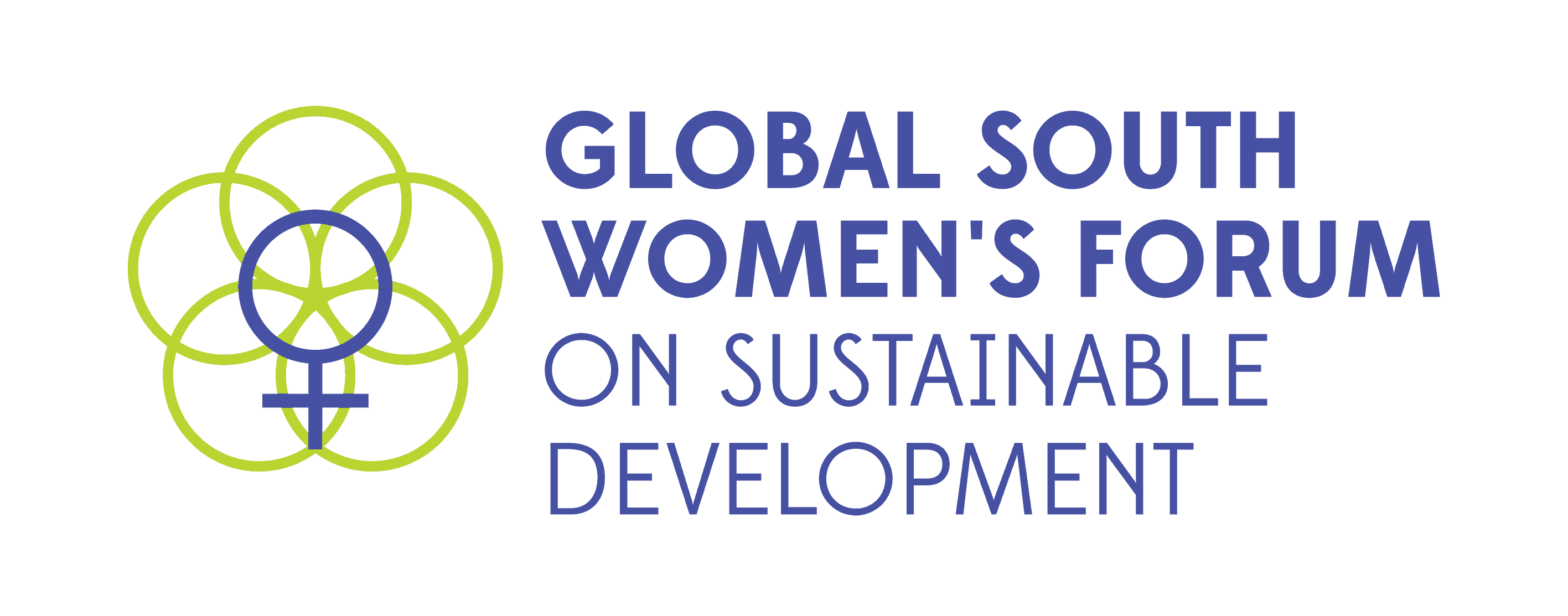COVID, Hunger and Creative Approaches to Food Security: Women’s exchange across region and ethnicity in Sri Lanka
- Day 3: Dec 16 (UTC+8) 4:00 pm-5:30 pm
Suriya Women’s Development Centre
Based on a field visit to a collective of Women Farmers in Sri Lanka called the Uva-Wellasa Women’s Federation, the session featured a panel of women representing different districts, all sharing the history, ongoing efforts and strategies for social-economically and environmentally sustainable food production, distribution, and consumption.
Speakers:
Ms. Elangeswary Arunasalam (Suriya WDC)
T.K. Somalatha (Uva Wellassa Women’s Organisation)
T. Selvarani
Sarala Emmanuel
Buddima Padmasiri
This session comprised a field visit to a collective of women farmers called the Uva-Wellasa Women’s Federation, housed in the primarily Sinhala-speaking southwestern district of Monaragala, which is also one of the poorest districts in Sri Lanka. The field visit involved members of various collective food production initiatives from the Tamil-speaking, war-affected women in the northeast of Sri Lanka from Tamil and Muslim ethnic communities.
The field visit enabled the war-affected women to learn from an established ten-year-old collective of women farmers who are pursuing organic sustainable farming practices that have proved their economic viability. Sinhala women farmers from Monaragala were exposed to the histories and realities of women from the war-torn regions of their country, an experience that they may not have had otherwise. Both objectives brought together crucial knowledge sharing on farming, which made for a creative approach to transitional justice and reconciliation.
The field visit concluded with a recorded panel comprising women representing the northern and eastern districts as well as Monaragala, all sharing the history, ongoing efforts and shareable strategies with regard to socioeconomically and environmentally sustainable food production, distribution and consumption. They also reflected on the relationship between these processes and macroeconomic policies in Sri Lanka.
The trilingual panel was made of Tamil, Sinhala and English, complete with translations and facilitation by scholars who work on the subject, in solidarity with these movements. The panel included reflections on the field visit and suggested possible strategies for the future on building solidarity with regard to macroeconomic policy relating to food in Sri Lanka.
Sinhala and Tamil interpretations are available.
